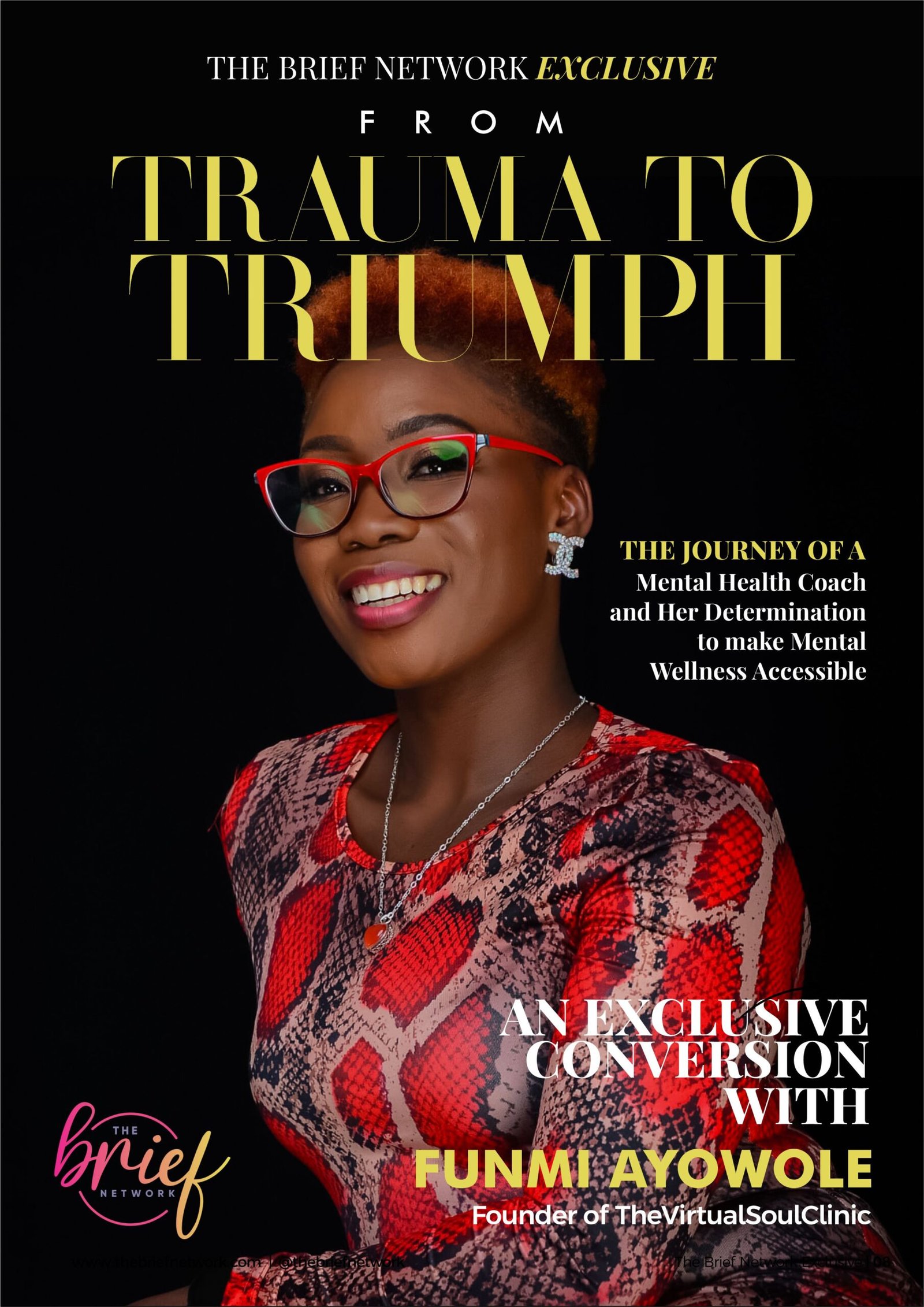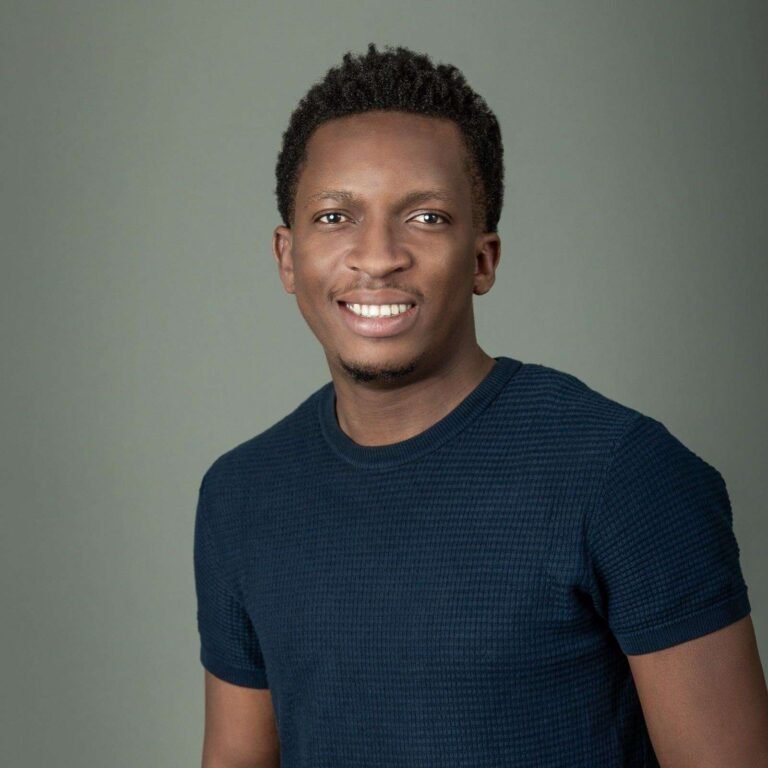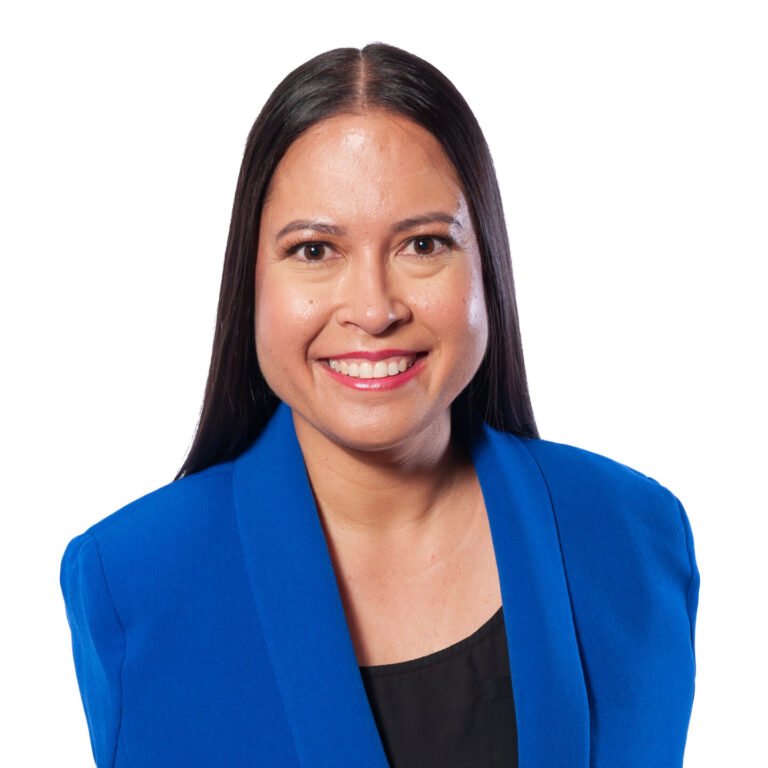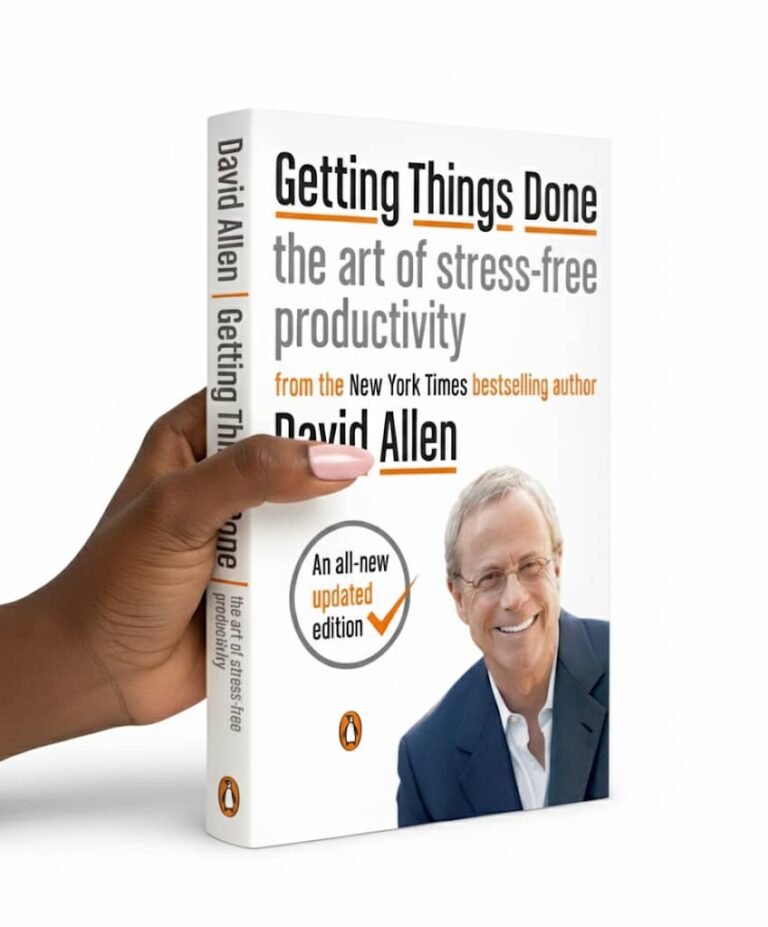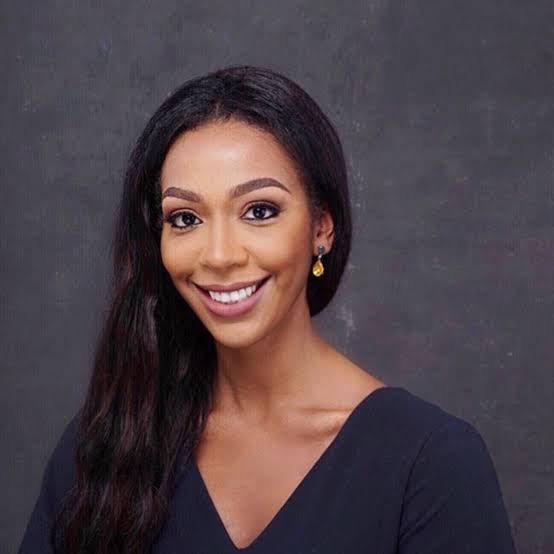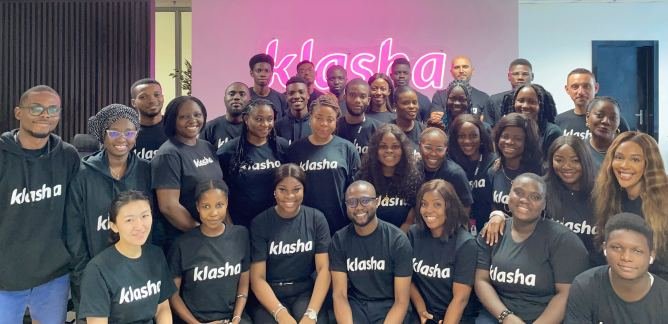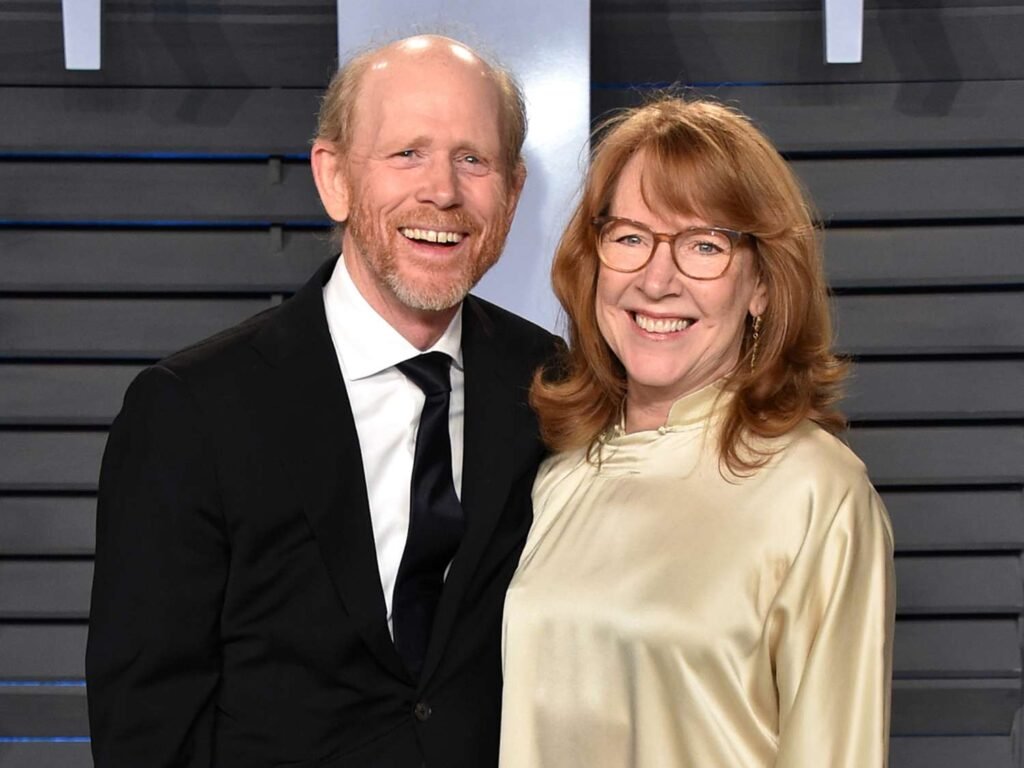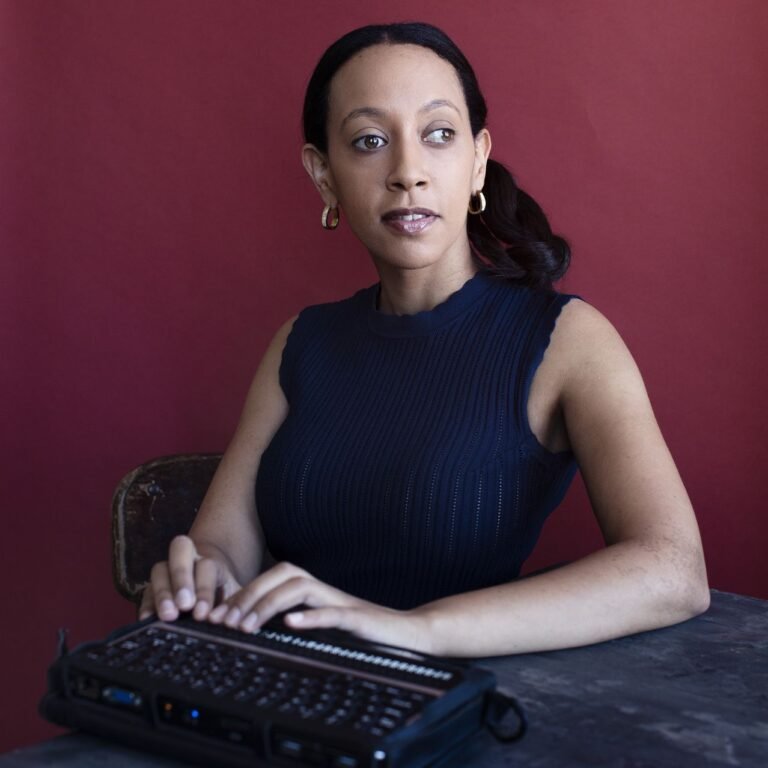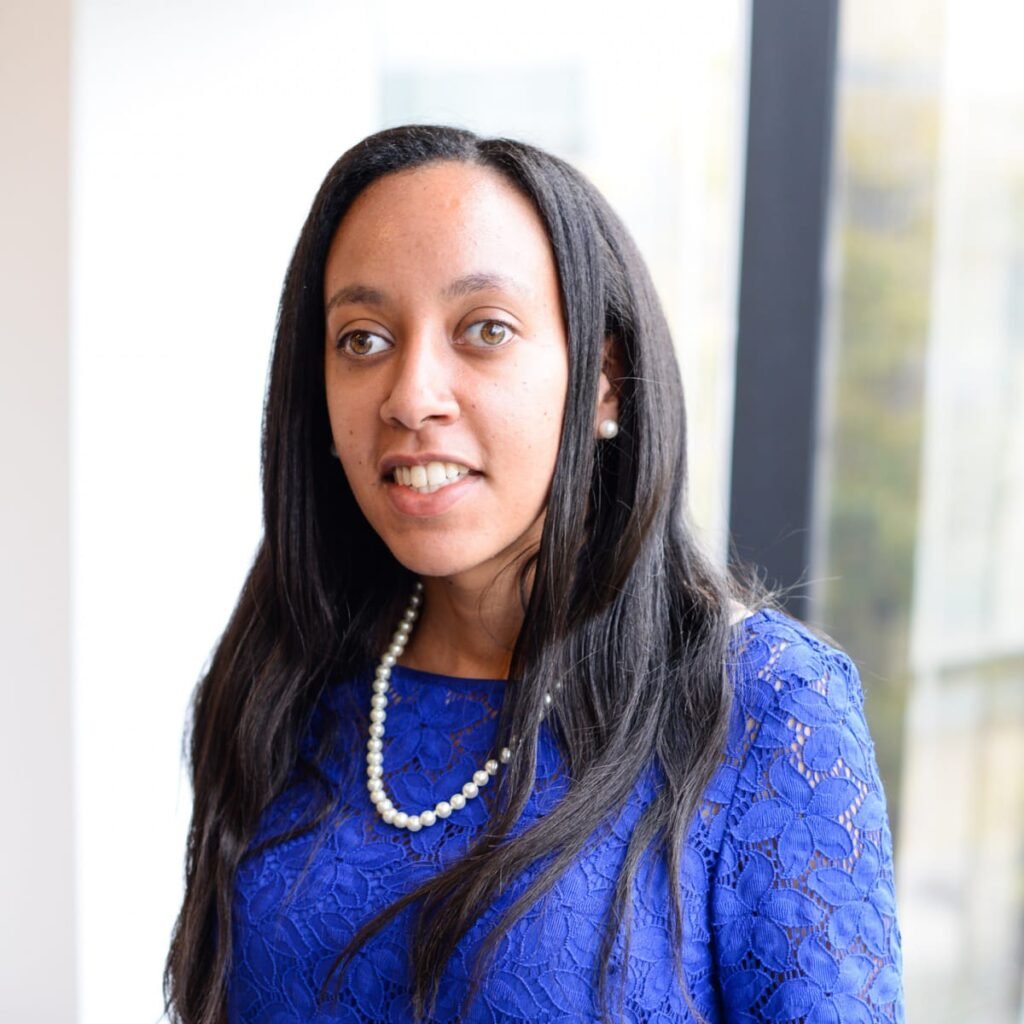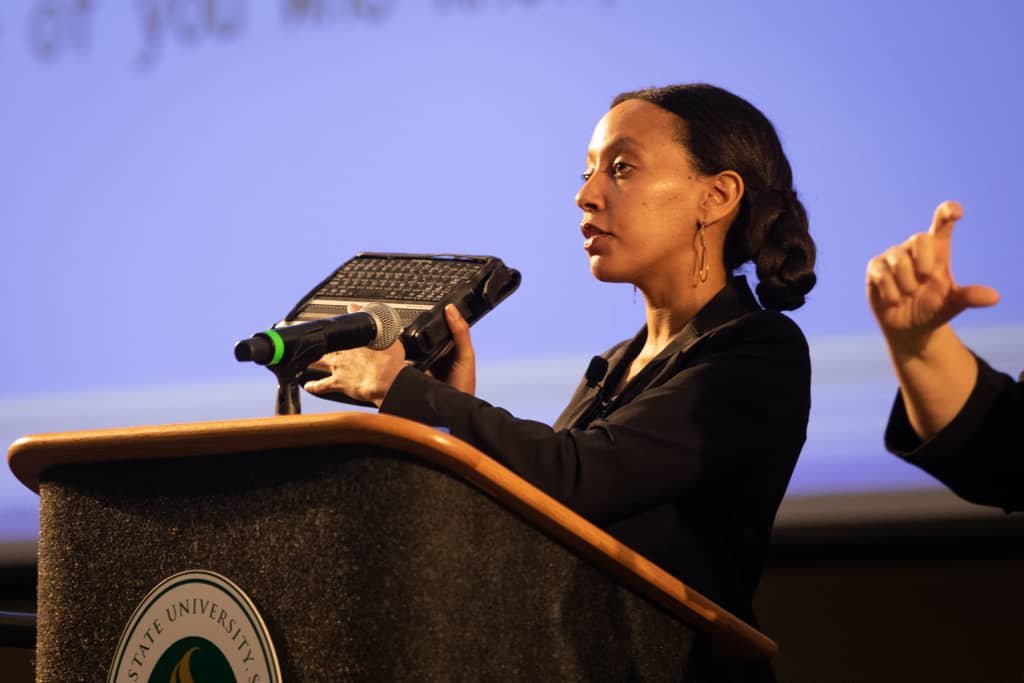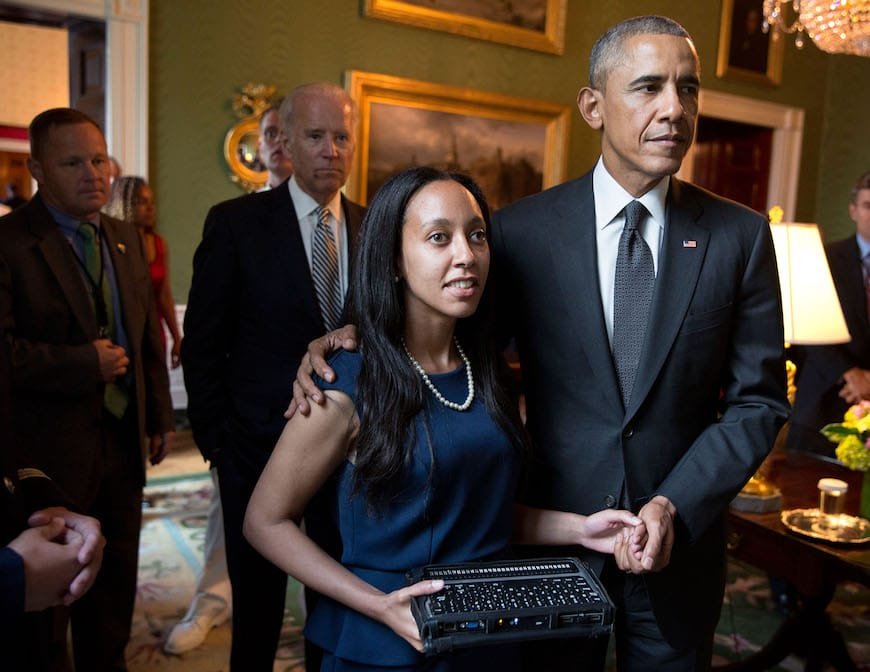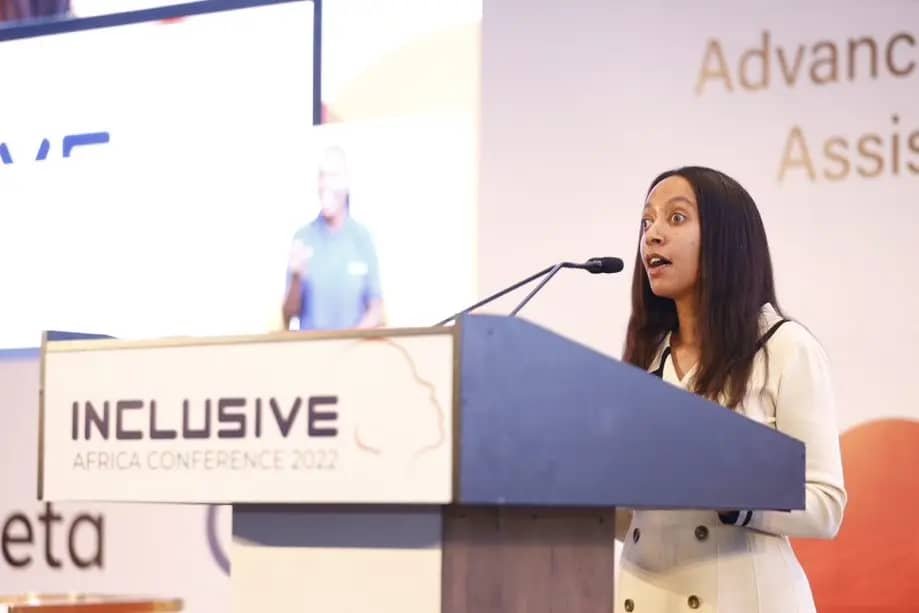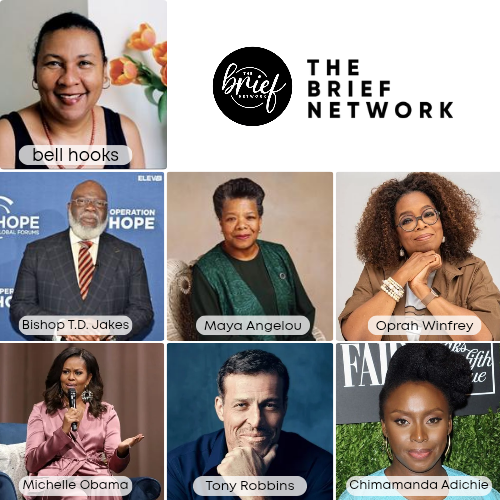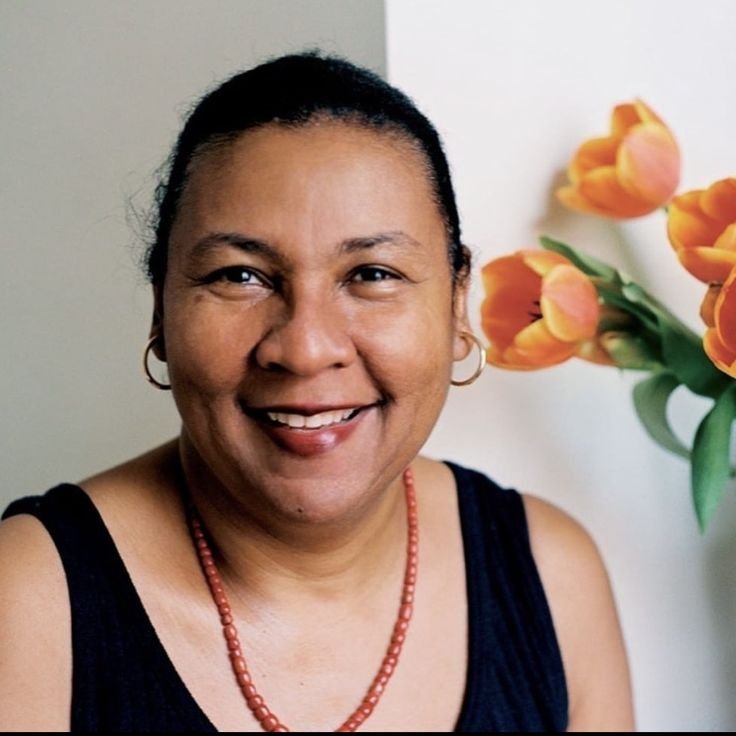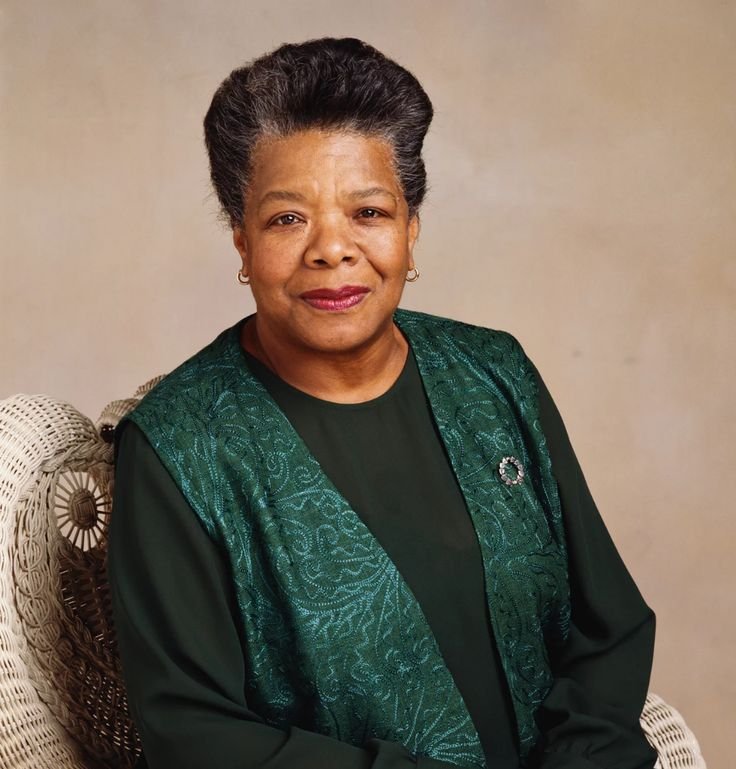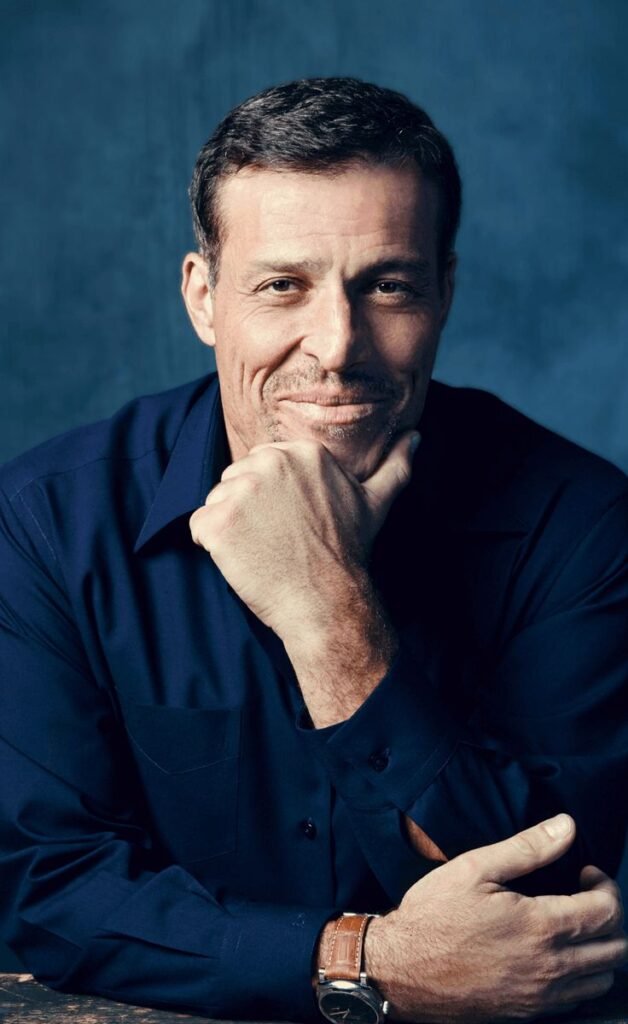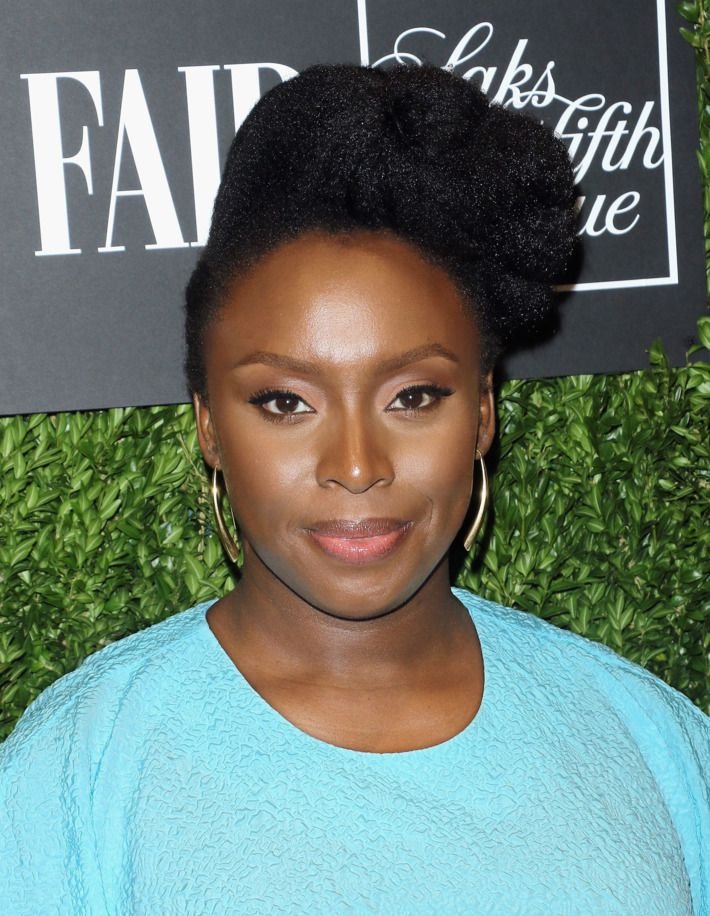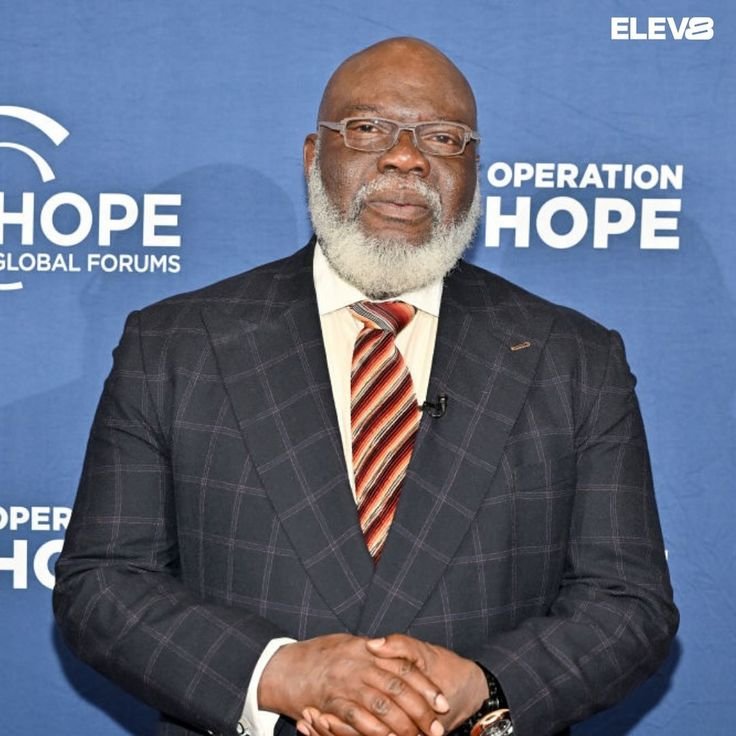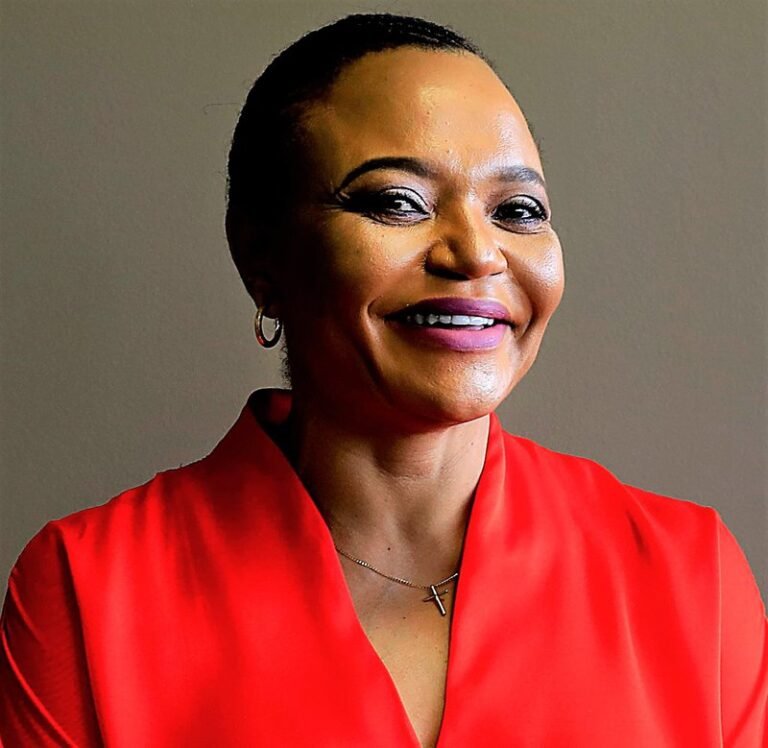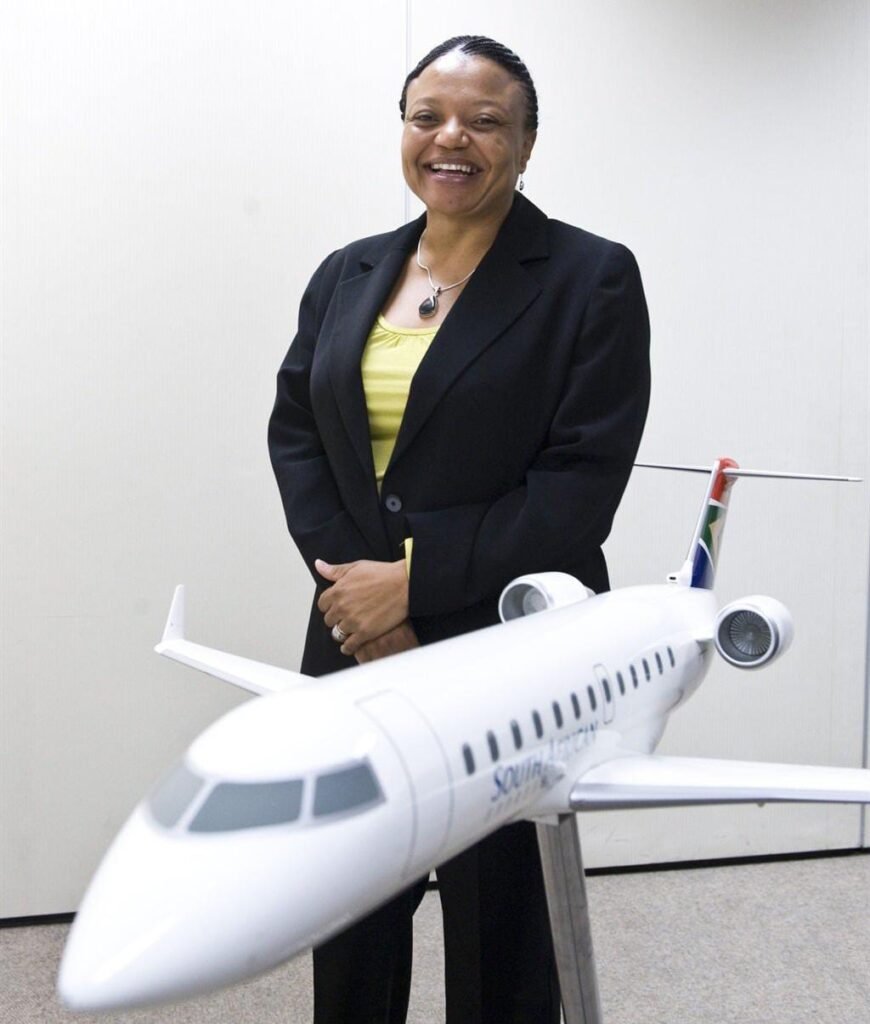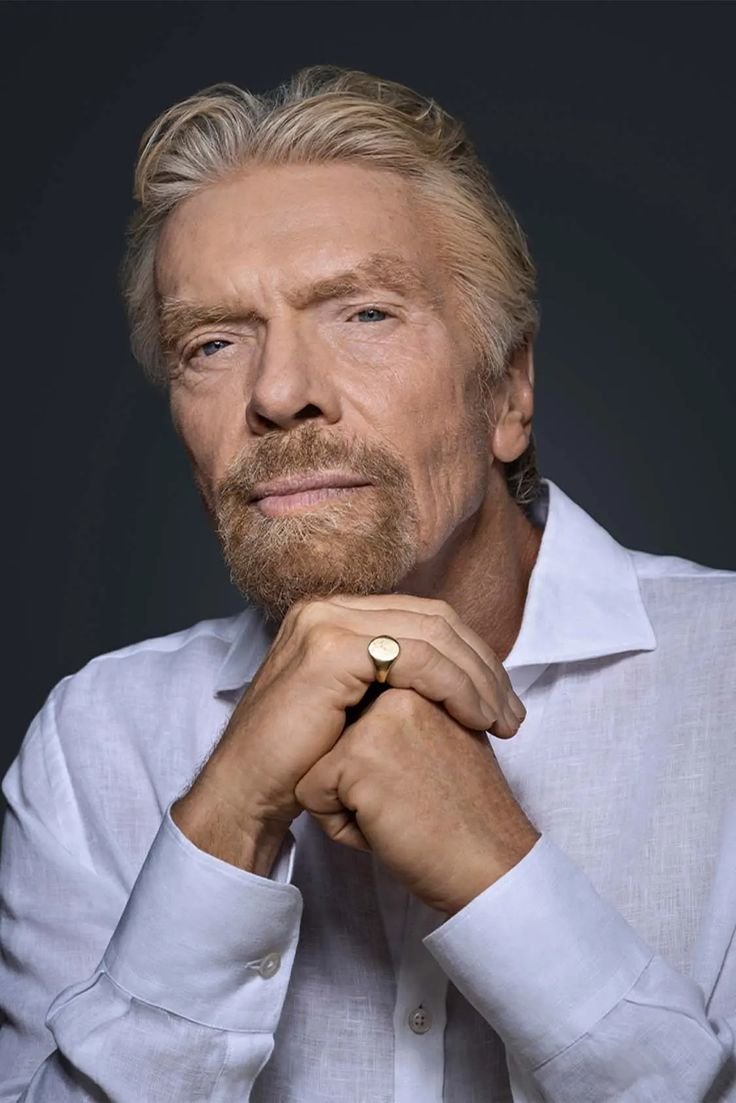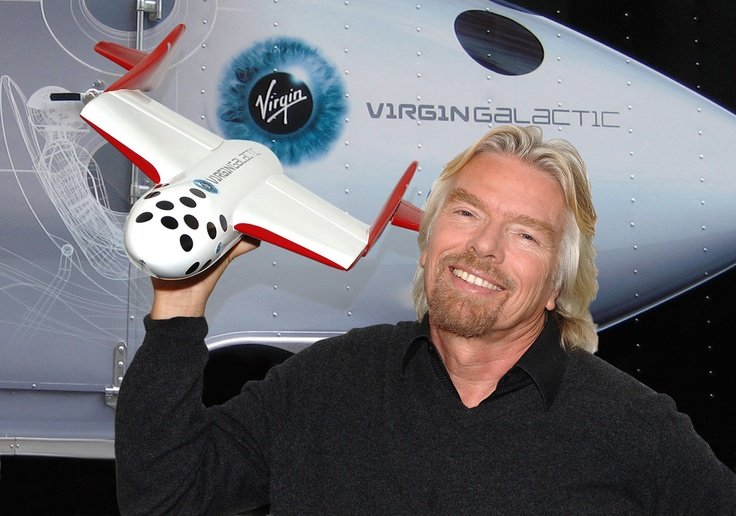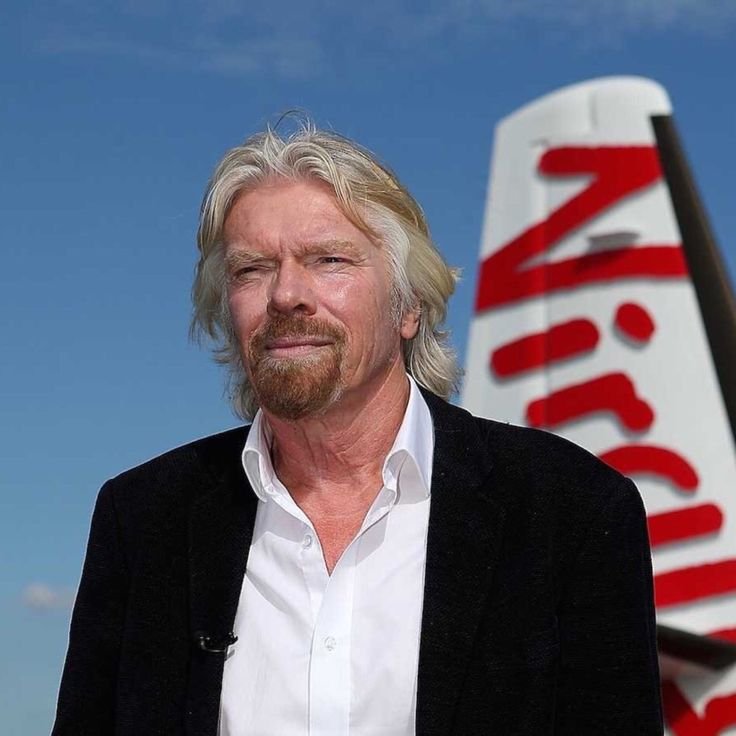Shola Akinlade is our Inspire Monday personality for the week, a visionary whose story embodies the power of vision, consistency, and purposeful innovation. From co-founding one of Africa’s leading fintech companies to establishing a football club that empowers young people, his journey is a masterclass in innovation, reinvention, and impact.
Born and raised in Lagos, Nigeria, Shola Akinlade studied Computer Science at Babcock University, where his passion for technology began to take shape. He started his career as a software developer, driven by a desire to create solutions that made life easier for people and businesses. That passion would eventually lead him to co-found Paystack in 2015 alongside Ezra Olubi.
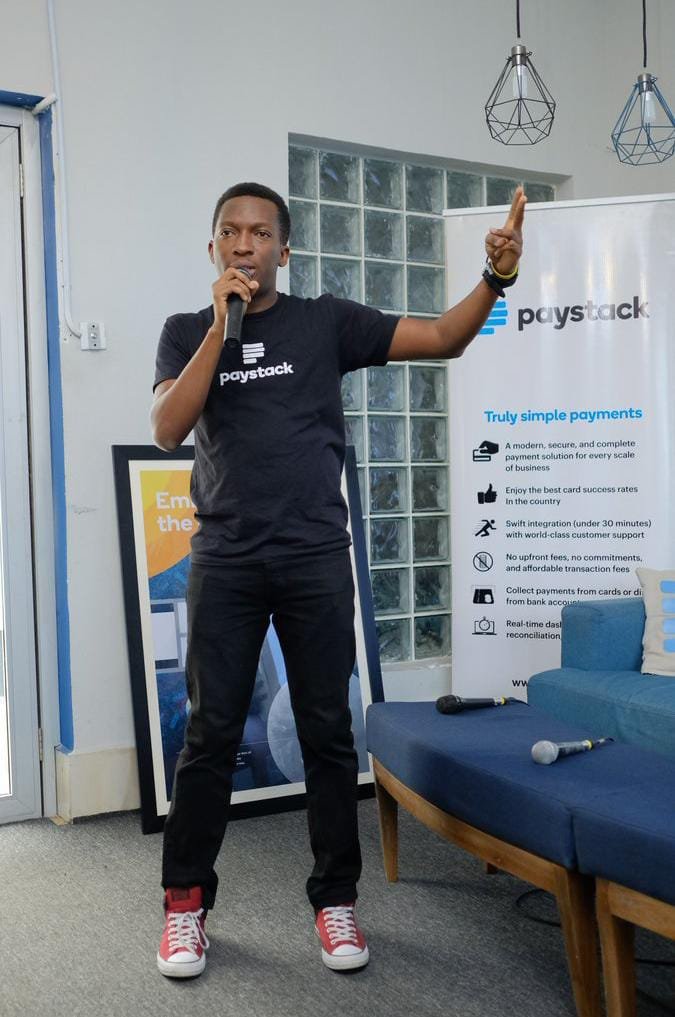
Paystack started as a simple idea, helping African businesses receive payments online with ease, but it quickly evolved into one of the continent’s most transformative fintech companies. (Click to read our previous article on Paystack for a deeper dive into its journey and impact.) In 2020, its acquisition by Stripe made global headlines, marking one of the biggest success stories in Africa’s tech ecosystem. Yet even after achieving what many would consider the pinnacle of success, Shola’s focus remained clear: to build and to empower.
Despite the challenges that come with breaking new ground in Africa’s fast-evolving tech space, from navigating regulatory hurdles to earning public trust, Shola never lost sight of his purpose. His resilience and commitment to excellence have not only earned him global recognition but also inspired countless young Africans to dream beyond limitations. In 2022, he founded Sporting Lagos, a football club with a heart for community development and youth empowerment.
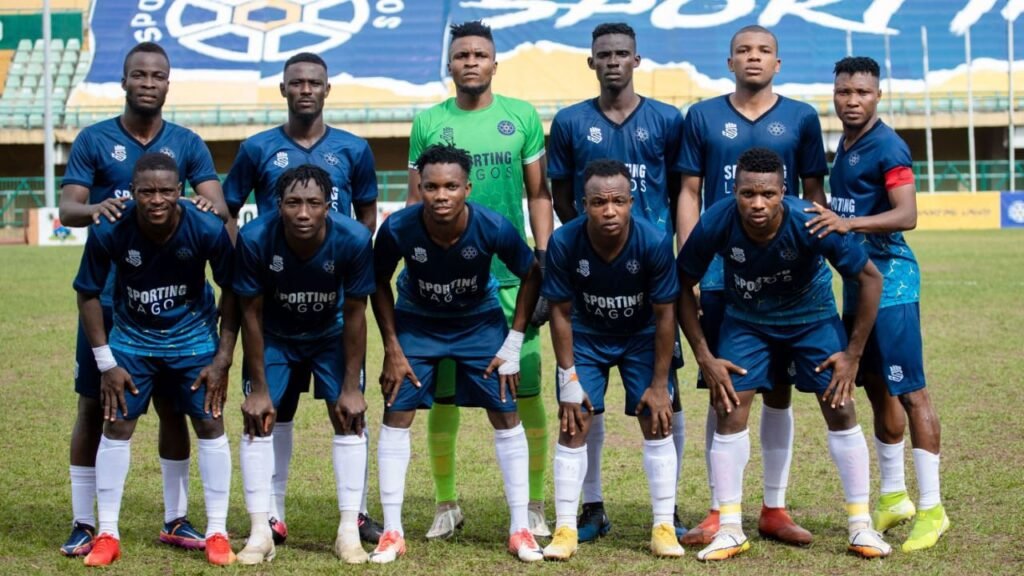
Through Sporting Lagos, Akinlade has shown that building isn’t limited to technology or profit, it’s about creating opportunities, nurturing dreams, and inspiring a new generation. His vision for the club goes beyond football; it’s about using sport to unite, inspire, and transform lives. Today, he continues to mentor young entrepreneurs and tech talents, guiding them to turn ideas into impact and challenges into stepping stones. His efforts have been recognized with several awards celebrating innovation, leadership, and his contribution to Africa’s digital growth.
From his story, we find timeless reminders about building with intention:
- Start with purpose. Every great idea begins with a desire to solve real problems and add value to others.
- Let your success serve people. True leadership is not about how high you climb, but how many people rise because of your work.
- Stay grounded. Even after global recognition, Shola continues to lead quietly, showing that humility keeps success meaningful.
- Keep building. Whether in fintech or any other field, the goal remains the same, to create systems that empower others and last beyond you.
- Turn your gifts into service. The best legacy is using what you know to make life better for someone else.
Shola Akinlade’s journey reminds us that purpose doesn’t end when success begins, it grows with every step we take to help others move forward.
The Brief Network: Inspiring Stories and Empowering Lessons.

